Earlier this month, figures analysed by the Irish Farmers Journal showed the massive variation between counties for inspections carried out in 2012.
At a charter of farmers rights meeting between the Department and farm organisations, the Department of Agriculture claimed that the majority of the variation was due to the risk assessment used to select farms for inspection.
Only 25% of inspections are based on random selection each year. This leaves 75% of inspections targeted, based on where the Department has identified a higher likelihood of infringement will be found.
For example, a farmer with a larger herd is more likely to be inspected than one with a smaller herd. However, farmers with a higher stocking density are also targeted regardless of size. For nitrates, the focus has also been on farmers who are close to rivers and on farmers who did not make investments in their farm yards.
In recent years, there has also been a focus on farmers who have land parcels a large distance apart to identify if they were actually farming them. Land eligibility inspections have also focused more on areas with scrub and rushes.
Risk assessment
The Department said the risk assessment is based across the country and not within county bounds. It means that counties with larger herds and herds with higher stocking densities are much more likely to get increased inspections. The fact that they are targeted inevitably leads to a higher level of penalties as well.
The Department also said they have improved their risk assessment process, which is one reason why the level of penalties is increasing.
If this was the case, the penalties should be peaking as the farmers more likely to be infringing will have already been penalised.
One issue working against this is farmers who have received a penalty are also more likely to be re-inspected.
The Department has found a high level of these farmers have not addressed the issues, automatically leading to a doubling of the initial penalty, which is adding to the rise.
Another major reason for the variation is how remote land eligibility inspections are done.
Three-quarters of the 6,500 land eligibility inspections are done remotely with different regions of the country picked each year. This leads to a higher follow-up inspection rate for issues identified in specific regions, which again are not county specific.
Inspectors
The Department argued that the variation is not due to specific inspectors in the different counties. While human nature will always bring some variation, the Department stressed at the meeting that the country is broken up into seven inspection areas. It means that specific inspectors carry out inspections in different counties, and, in certain cases, different regions around the country.
Cross-reporting from county councils does vary between counties. In the past, when county councils carried out their own inspections, many gave farmers an opportunity to correct any issues. Now an increased number of county councils are cross-reporting immediately to the Department which leads to an inspection. Penalties are then automatically levied on the findings.
IFA deputy president Eddie Downey said there was major fear and stress among farmers over the risk of being selected for a Department inspection and this was “very wrong and unacceptable”.
He said the charter chairman John Malone has instructed the Department of Agriculture to release all of the figures on inspections and penalties in a clear and transparent fashion.
“It is clear from the data extracted out of the Department over recent weeks that the level of penalties imposed on farmers over the last number of years across the major cross-compliance and land eligibility issues have increased dramatically. There is no logical explanation from the Department for this increase, other than that they are under pressure from Brussels auditors,” said Downey.
Downey said most Department inspectors were reasonable and understood the practical difficulties at farm level. However, the audit pressure on inspectors from the top down had pitched the inspection service against farmers, creating unnecessary and avoidable conflict.
Closer analysis needed
Pat McCormack, deputy president and chairperson of ICMSA’s dairy committee, said that inspections “weighed heavy” on the minds of farmers. He expressed disappointment that in-depth figures were unavailable that would have permitted closer analysis of cross-compliance failures with the result that the meeting was unable to resolve this issue. However, he said farmers must be vigilant and ensure they are aware of all possible cross-compliance procedures to avoid cuts to the SFP this year.




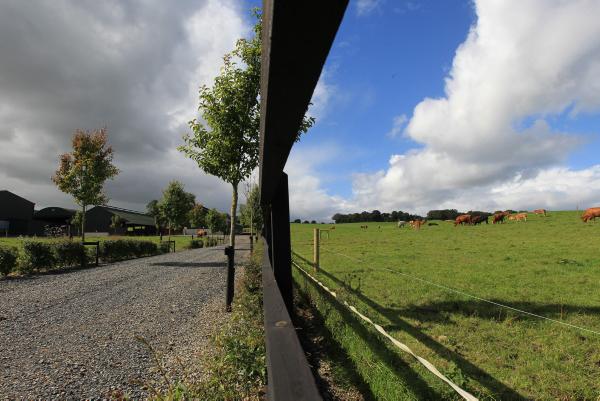
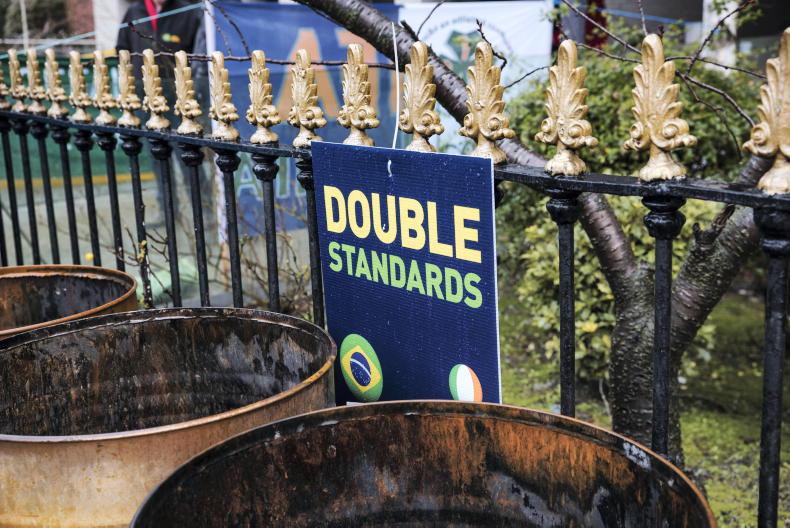

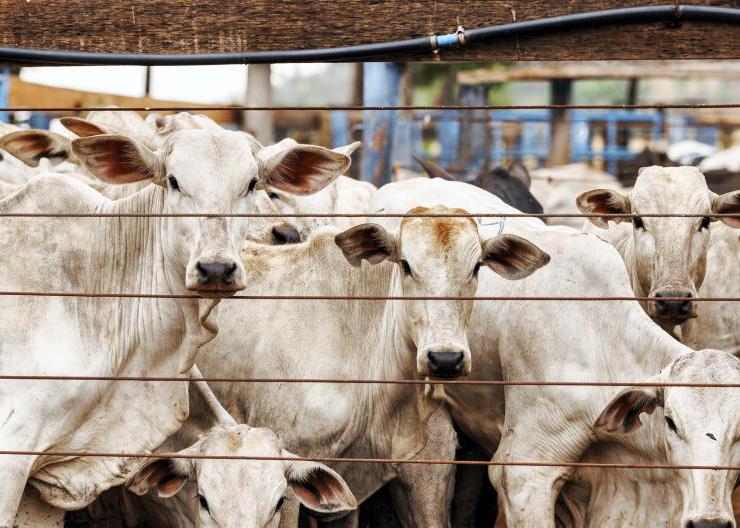
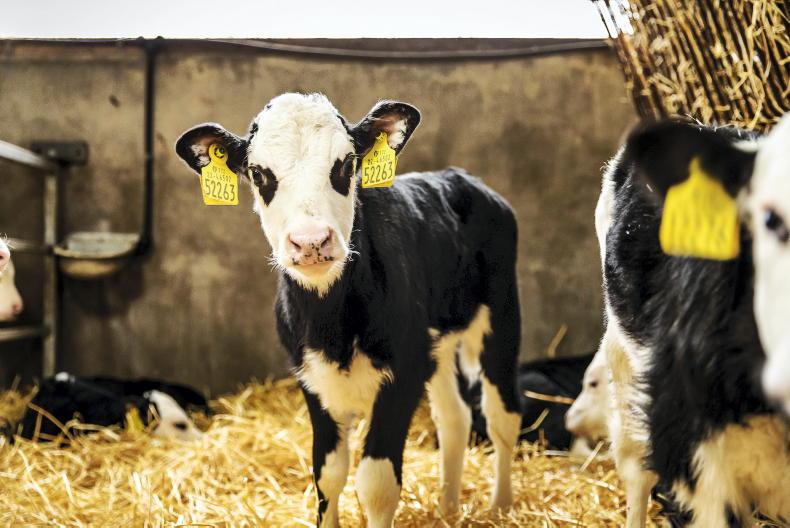
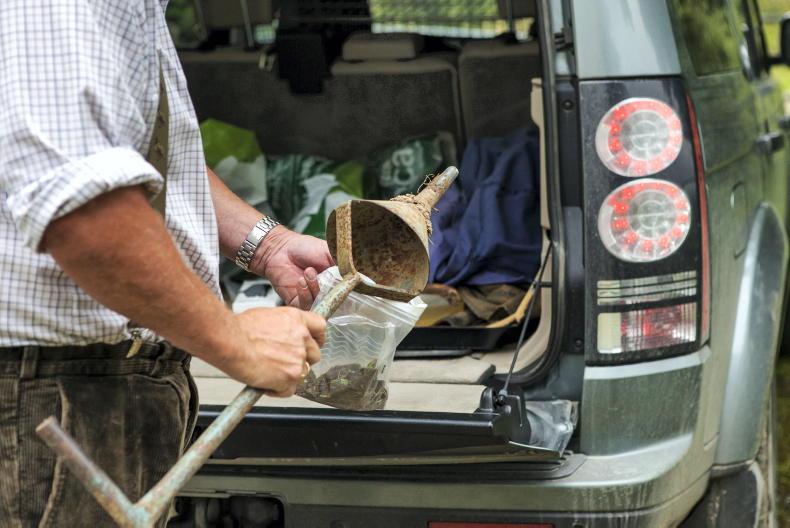
SHARING OPTIONS